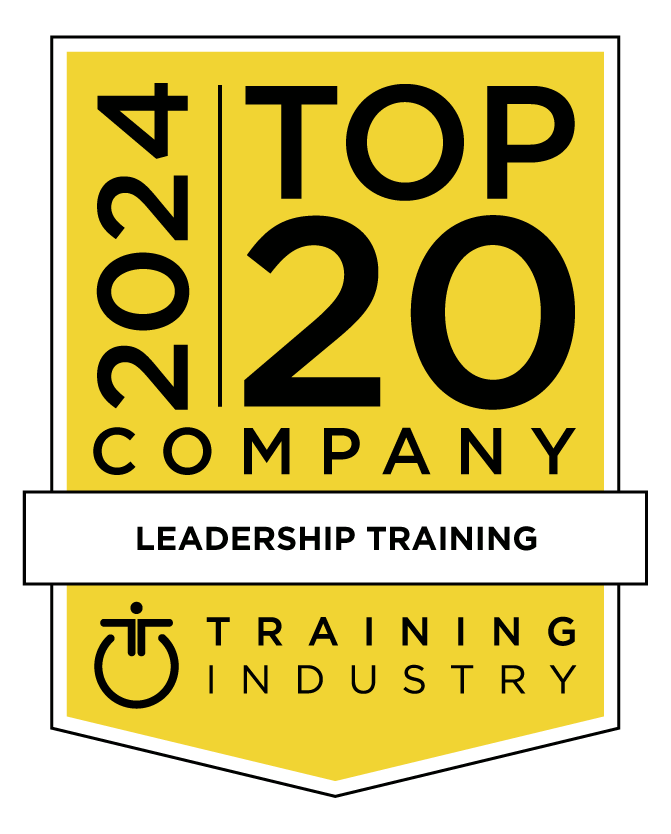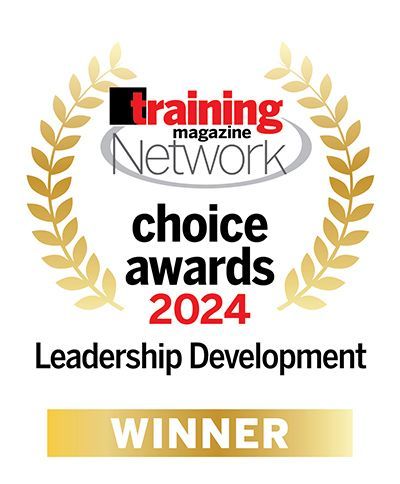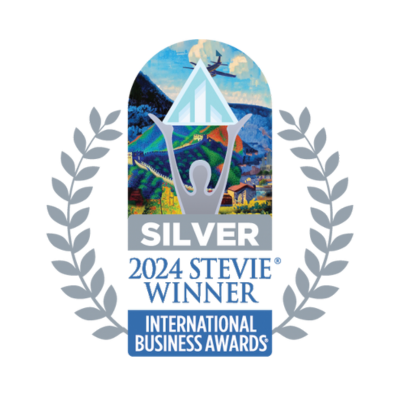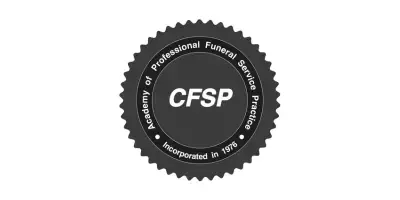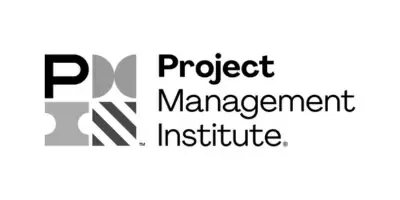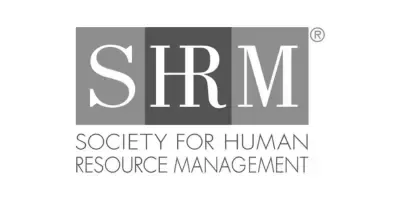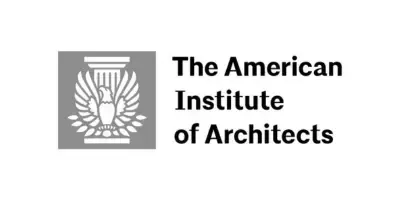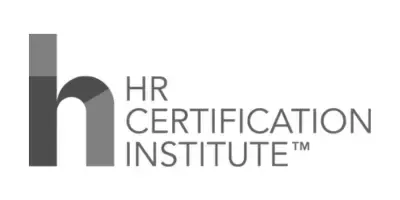Strategies for Effective Time Management for Leaders in Canada
This is a subtitle for your new post
Effective time management is crucial for leaders striving to achieve both personal and organizational goals. By mastering the art of time management, leaders can enhance productivity, reduce stress, and ensure a balanced work-life integration. This comprehensive guide explores various strategies for effective time management, providing insights and practical tips tailored for leaders in Canada.
Time management involves planning and exercising conscious control over the time spent on specific activities, especially to increase effectiveness, efficiency, and productivity. Here are some proven strategies for leaders:
Setting Clear Goals and Priorities
Define Your Objectives
Leaders must have a clear understanding of their goals and priorities. By defining specific, measurable, achievable, relevant, and time-bound (SMART) objectives, leaders can focus their efforts on what truly matters. Crestcom’s leadership development programs emphasize the importance of goal-setting in effective time management.
Prioritize Tasks
Once objectives are set, it’s essential to prioritize tasks. Use techniques such as the Eisenhower Matrix to categorize tasks based on their urgency and importance. This helps leaders focus on high-priority tasks that align with their goals.
Planning and Scheduling
Create a Daily Schedule
Develop a daily schedule that allocates time for each task. Using tools like calendars and time-tracking apps can help leaders stay organized and on track. Crestcom offers training on utilizing such tools effectively.
Block Time for Deep Work
Set aside uninterrupted blocks of time for deep work—tasks that require intense focus and concentration. This strategy helps leaders accomplish complex tasks more efficiently.
Delegation and Team Collaboration
Delegate Effectively
Effective delegation is key to time management. Leaders should identify tasks that can be delegated to team members, allowing them to focus on high-impact activities. Crestcom’s training programs provide insights into effective delegation techniques.
Foster Team Collaboration
Promote a collaborative work environment where team members support each other. Tools like project management software and collaborative platforms can enhance teamwork and streamline processes.
Leveraging Technology for Time Management
Utilize Productivity Apps
Leaders can leverage various productivity apps and tools to manage their time better. Apps like Trello, Asana, and Evernote help organize tasks, set reminders, and track progress.
Automate Routine Tasks
Automation can significantly save time. By automating repetitive tasks, leaders can focus on strategic initiatives. Crestcom’s programs include training on using technology to automate and streamline workflows.
Continuous Learning and Adaptation
Invest in Continuous Learning
Leaders should continuously seek to improve their time management skills. Engaging in professional development programs, such as those offered by Crestcom, can provide valuable insights and techniques.
Adapt and Adjust
Time management is not a one-size-fits-all approach. Leaders must regularly review and adjust their strategies to adapt to changing circumstances and ensure ongoing effectiveness.
Maintaining Work-Life Balance
Set Boundaries
To maintain a healthy work-life balance, leaders need to set clear boundaries between work and personal life. This includes setting specific work hours and making time for family and personal activities.
Practice Self-Care
Self-care is crucial for sustaining productivity and well-being. Leaders should prioritize activities that promote physical and mental health, such as exercise, meditation, and hobbies.
Crestcom Leadership Development Programs in Canada
Crestcom Canada offers comprehensive leadership development programs that encompass various aspects of time management. These programs are designed to help leaders develop essential skills, enhance productivity, and achieve a better work-life balance. Learn more about Crestcom’s training programs here.
FAQs: Strategies for Effective Time Management for Leaders
1. Why is time management important for leaders?
- Time management helps leaders enhance productivity, reduce stress, and achieve organizational goals effectively.
2. How can leaders set effective goals?
- Leaders can set SMART goals that are specific, measurable, achievable, relevant, and time-bound.
3. What tools can help with time management?
- Tools like calendars, time-tracking apps, project management software, and productivity apps can help leaders manage their time better.
4. How does delegation improve time management?
- Delegation allows leaders to focus on high-impact tasks by assigning routine or less critical tasks to team members.
5. Why is continuous learning important for time management?
- Continuous learning helps leaders stay updated with new time management techniques and adapt to changing circumstances.
6. How can leaders maintain work-life balance?
- Leaders can maintain work-life balance by setting boundaries, practicing self-care, and prioritizing personal activities.
Conclusion
Effective time management is essential for leaders to drive organizational success and maintain a balanced life. By implementing the strategies discussed in this guide, leaders can enhance their productivity and achieve their goals more efficiently. Crestcom’s leadership development programs provide the tools and techniques necessary for leaders to master time management. Embrace these strategies and lead your organization towards a successful future.
Interested in a free Leadership Skills Workshop with your team?
- Address instantly fixable issues that impact customer perceptions and employee morale.
- Learn and practice a habit that will raise employee performance.
- Set actions with specific and measurable steps that they'll gladly be accountable to achieve.




